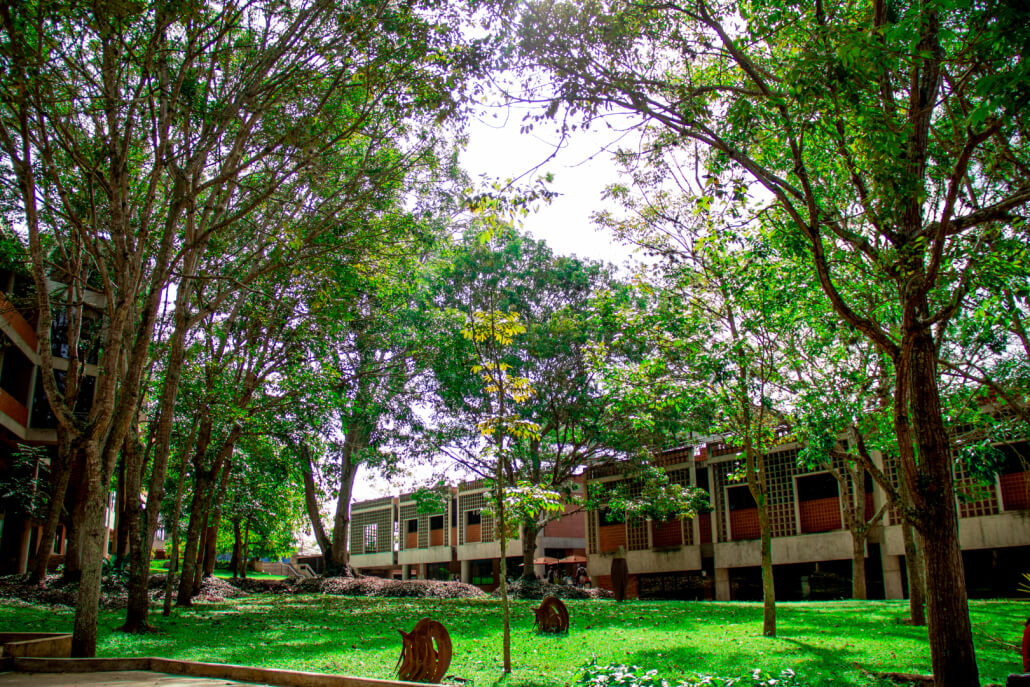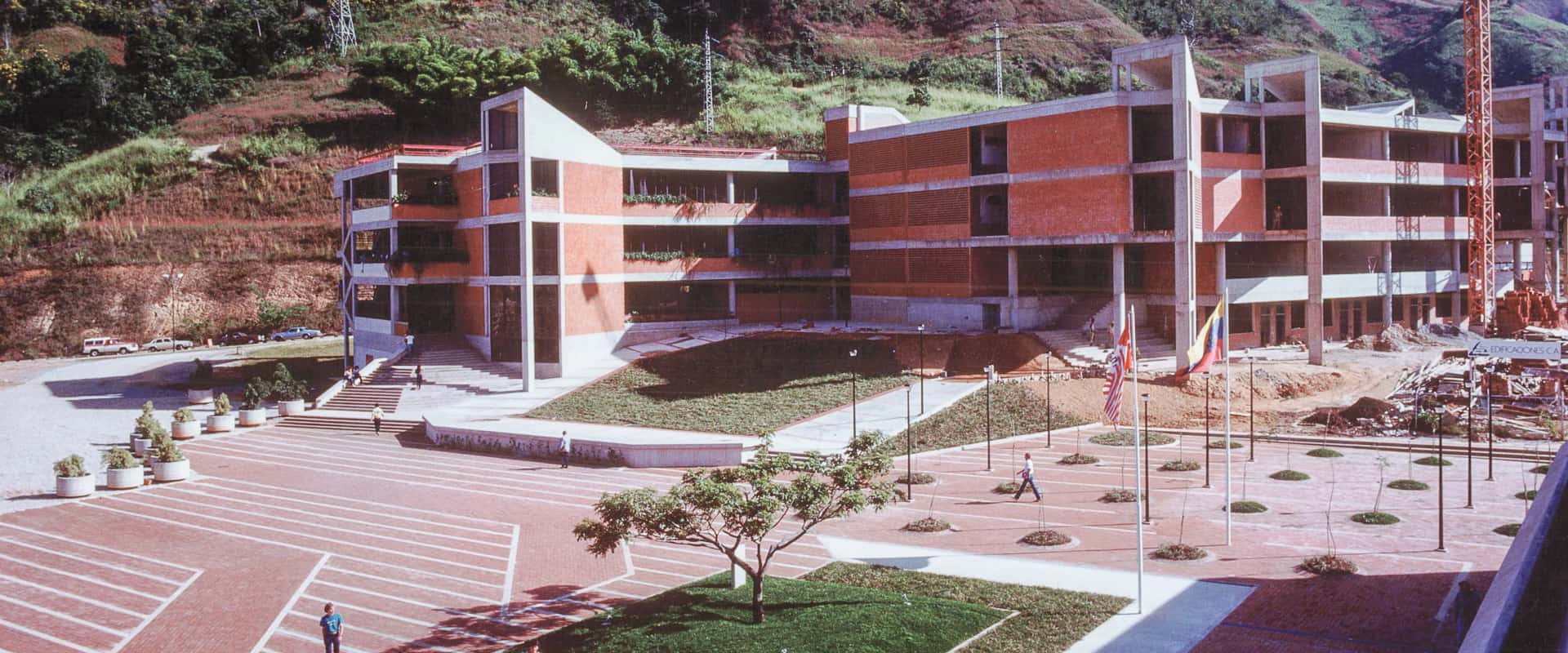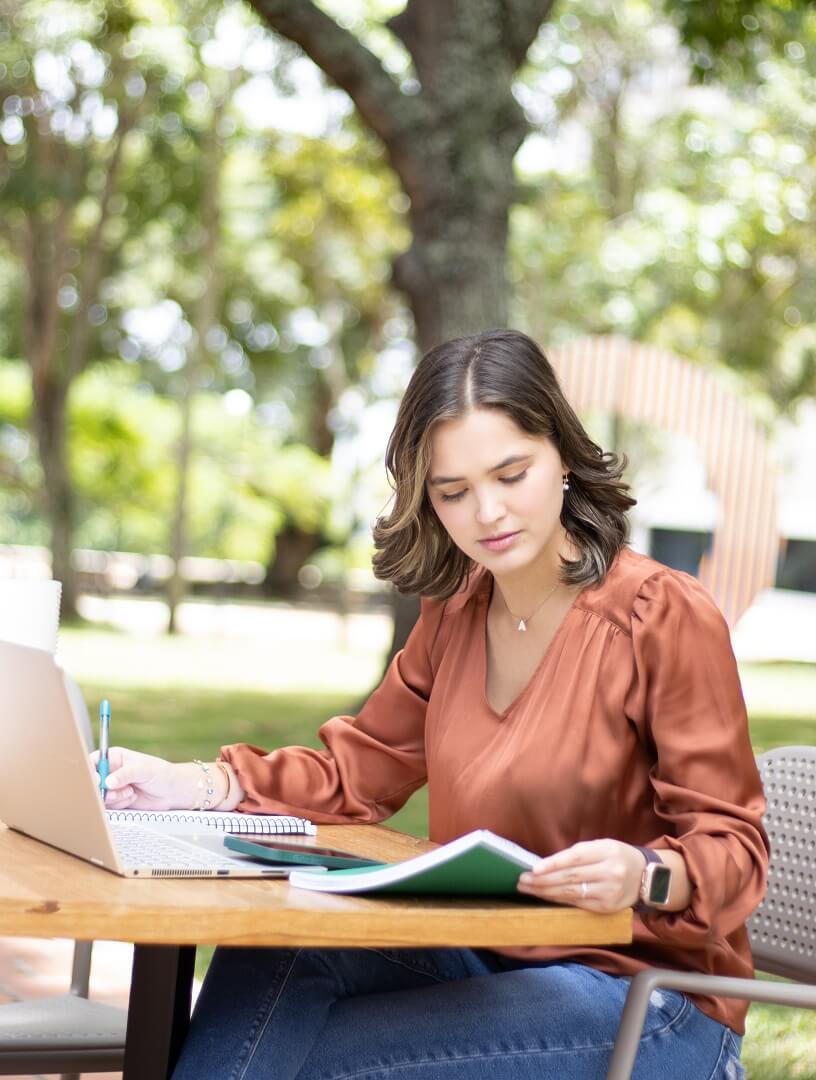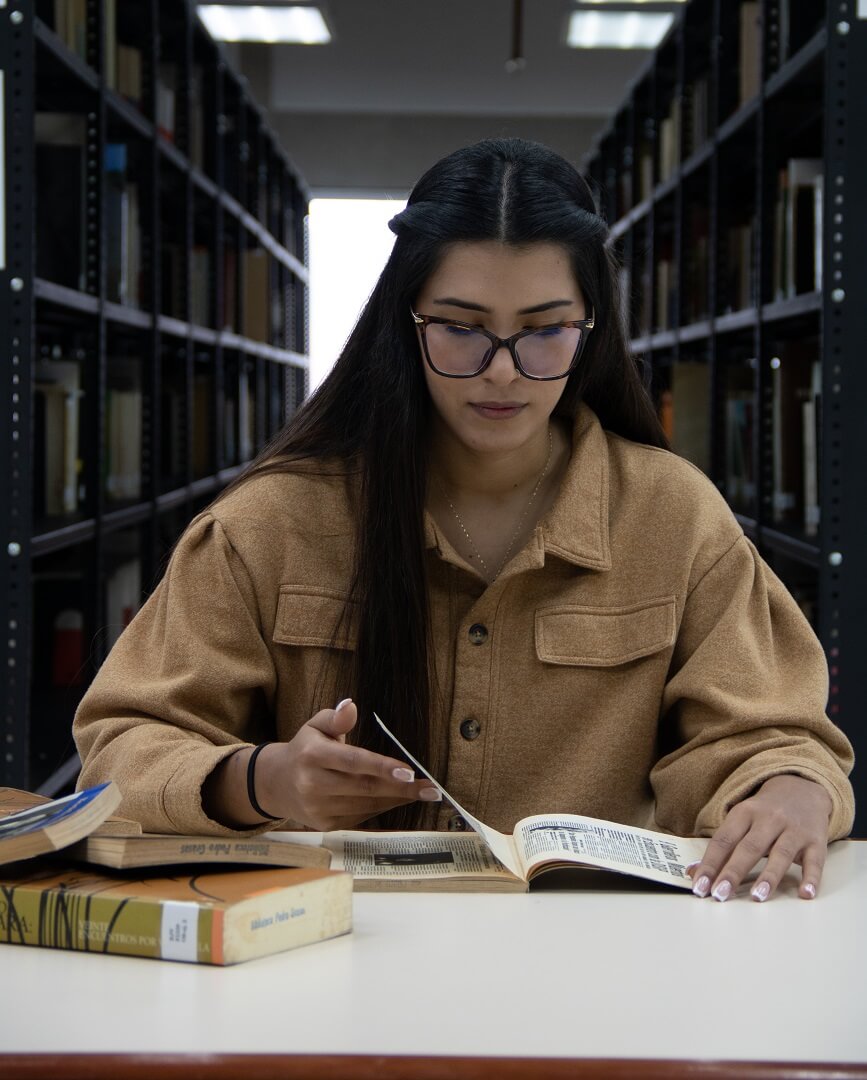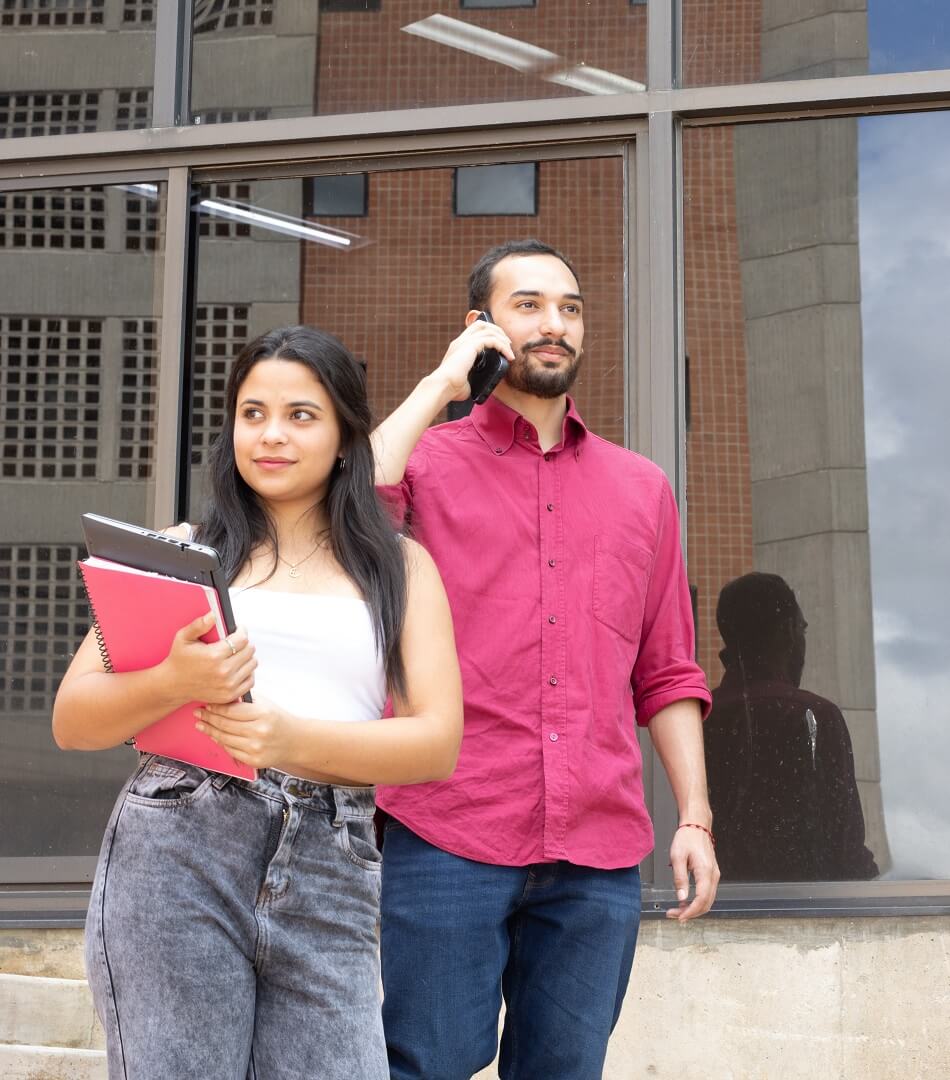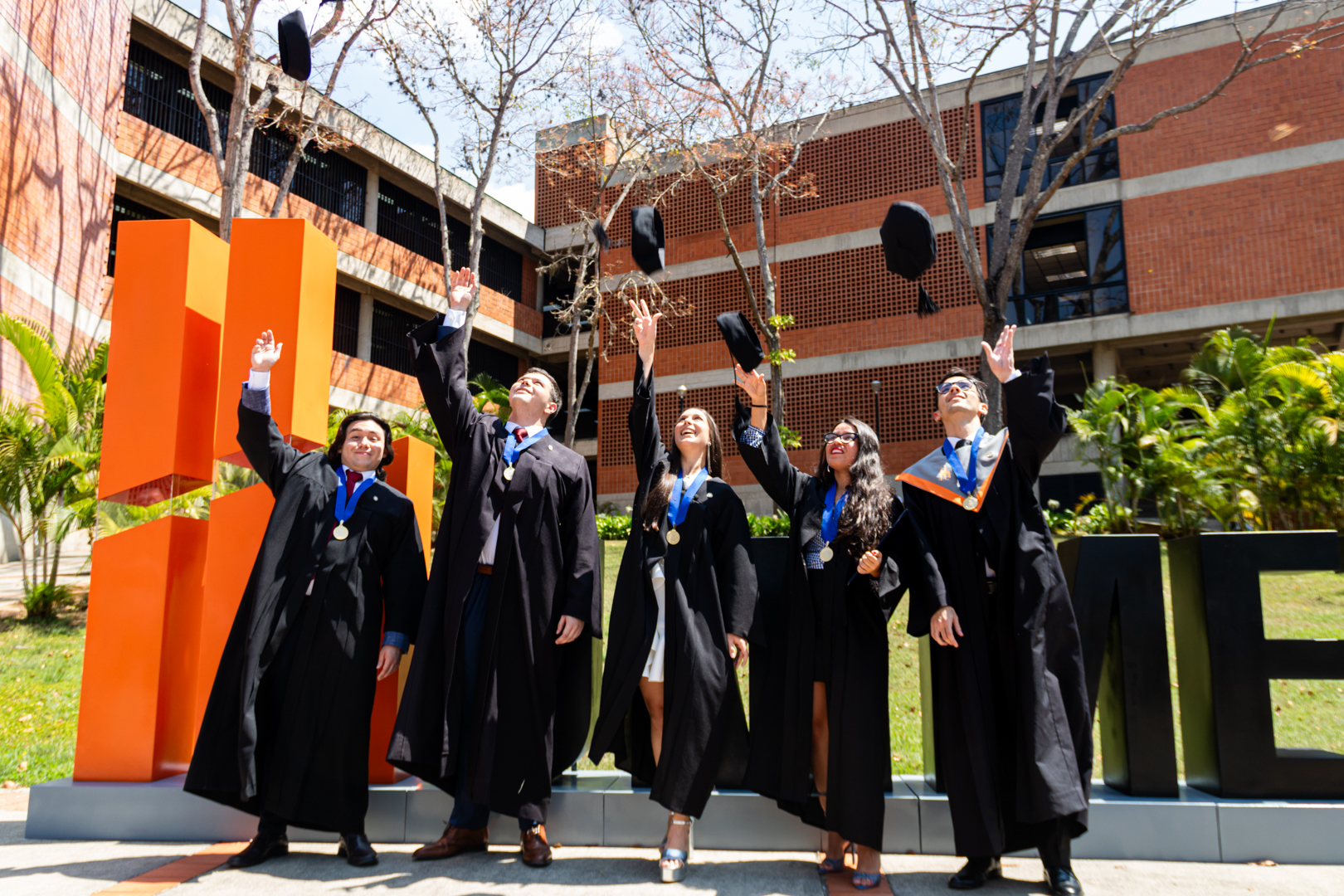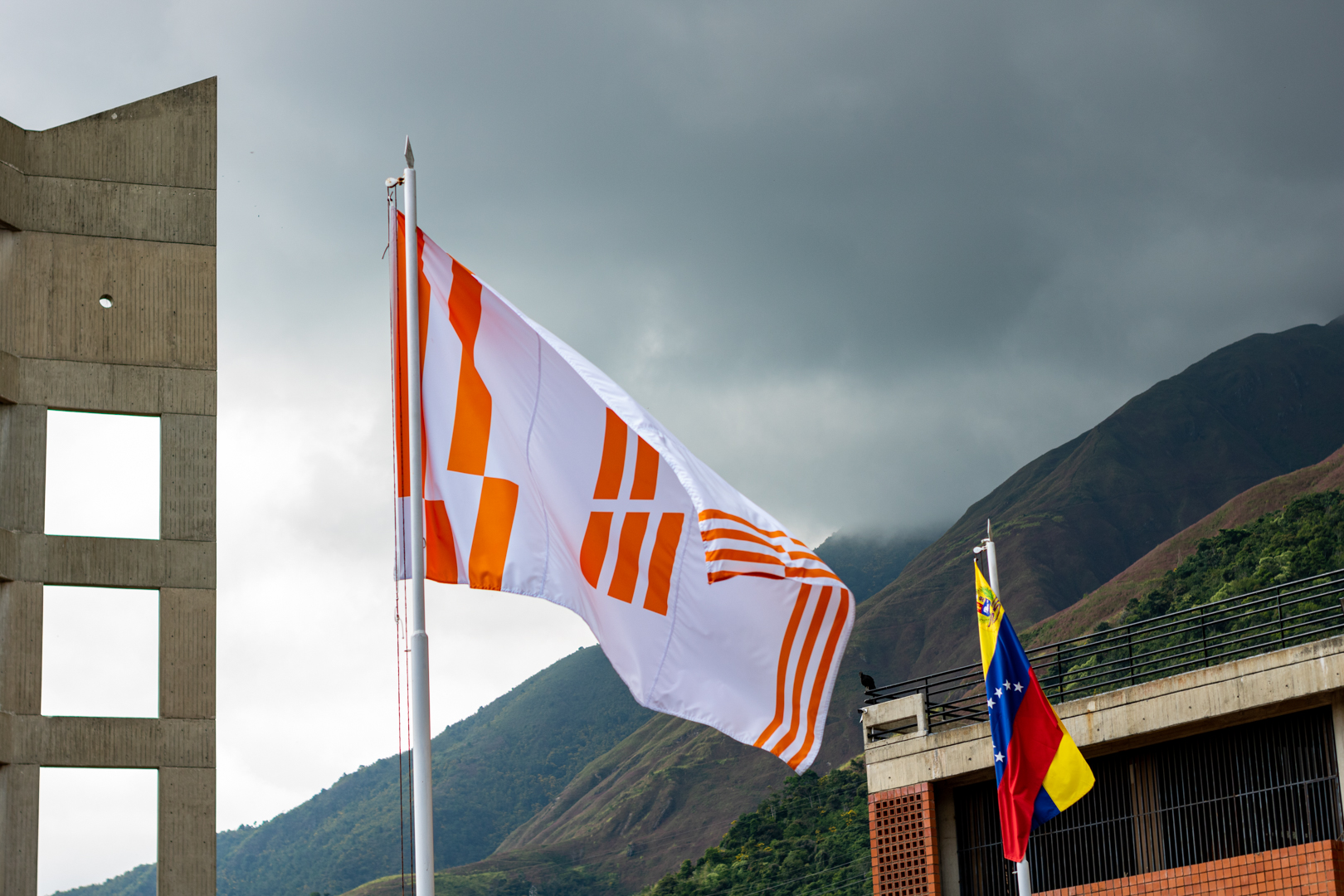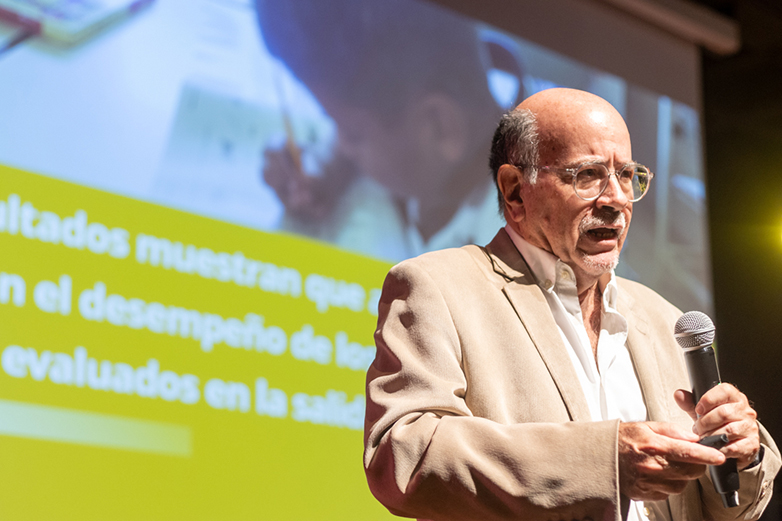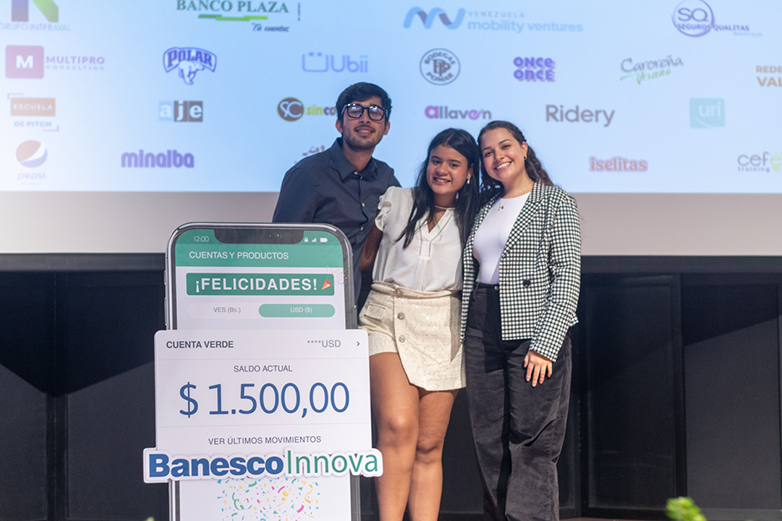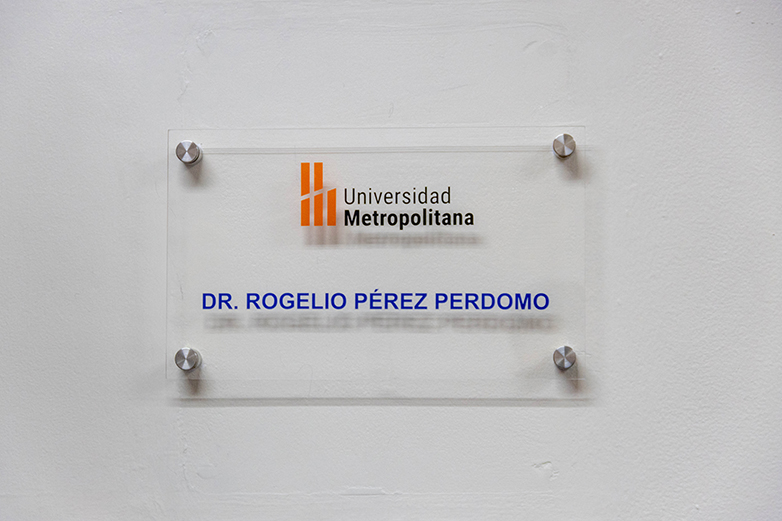Science struggles on in my ravaged country
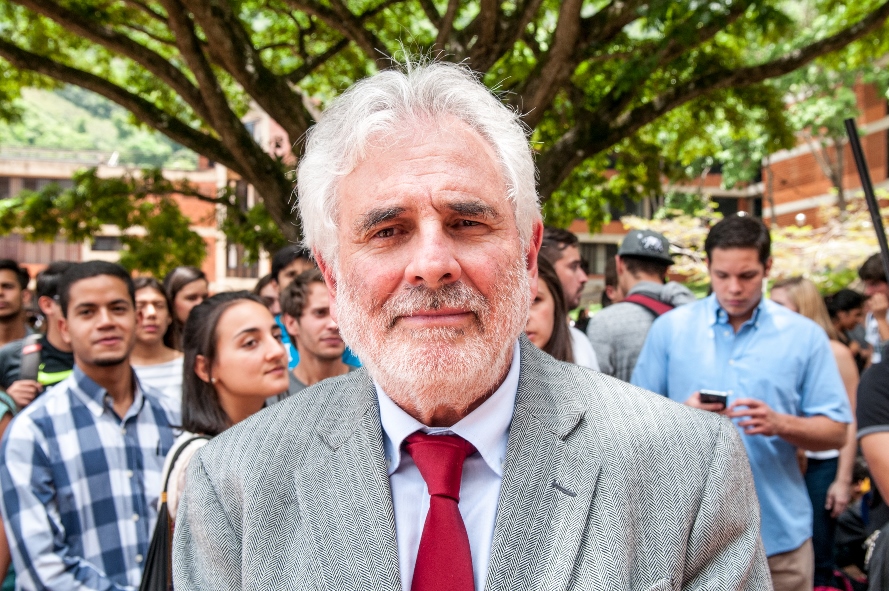 Last month, we buried a student from my university. According to fellow students who were with him at the time of his death, he was killed while demonstrating for the reinstatement of democracy: a soldier from the National Guard fired a tear-gas canister at close range that hit him in the chest. He is one of some 40 people, most of them youngsters, who have died at demonstrations in the 6 weeks since the Supreme Court moved to strip the Venezuelan parliament of its constitutional role, essentially handing power to President Nicolás Maduro.
Last month, we buried a student from my university. According to fellow students who were with him at the time of his death, he was killed while demonstrating for the reinstatement of democracy: a soldier from the National Guard fired a tear-gas canister at close range that hit him in the chest. He is one of some 40 people, most of them youngsters, who have died at demonstrations in the 6 weeks since the Supreme Court moved to strip the Venezuelan parliament of its constitutional role, essentially handing power to President Nicolás Maduro.
We suspended academic and administrative duties to mourn, and planned an emergency meeting to decide how to resume activities. On the morning of the meeting, few of us could reach campus because of blocked roads. We eventually came together — many of us remotely — and asked staff and students to carry on, but to be ready to improvise, using virtual classrooms, reprogramming schedules and meeting off-site as necessary.
Political and economic crises — and the concomitant shortages of food and medicine — have afflicted Venezuelan science for years. Former president Hugo Chávez established socialist economic policies and restricted academic autonomy. Most of the country’s revenue comes from the petroleum industry, and because the price of oil has fallen, Venezuela struggles to pay for basic necessities.
The instability and violence under Maduro, Chávez’s successor, has made the situation even worse. How do we cope? We don’t; we just try to survive.
As rector at Metropolitan University in Caracas, I try to maintain motivation among staff and students. I also dedicate one day per week to the chemistry laboratory I run at Simón Bolívar University in Caracas as professor emeritus. There, with a couple of young professors and a dozen students, we hold scientific discussions every Friday and keep running our projects as best we can.
An annual inflation rate in excess of 500% and limited access to foreign currency mean that scientists cannot buy what they need for experiments. They are adjusting their line of research according to the supplies left in their freezers and cupboards. When my lab was unable to obtain sufficiently pure reagents for our studies of an ionic liquid last year, one of my students went to Mexico at his own expense to do the assays. When he came back, he had to wait more than a week to do the rest of his experiments because we did not have running water in the laboratory. Unsurprisingly, both he and his immediate supervisor have since left the country.
When recurring power shortages exhausted our supply of fuses, one student contemplated making his own until a former student now in the United States sent us a box of them. Pointless setbacks are crushing progress and morale. Nonetheless, the good will of the staff who remain and the huge effort of students mean that we have managed to continue — for instance, by developing techniques to measure chemicals such as ethanol from electrical fluctuations on nickel nanowires and to conduct fundamental studies on oxygen transfer reactions.
Venezuela now has little in common with the country where I became a professor in 1980. Then, academics spent their time planning experiments rather than how to find their next meal. Two months’ salary of an assistant professor would buy a brand new car; now a professor could not get a used car with two years’ salary. A full professor makes much less than US$100 a month — not enough even to pay for food.
Metropolitan University is a private institution — we have secured some support from industry to provide students with scholarships and to compensate staff for accomplishments in teaching and research, but the brain drain in Venezuela is staggering. In some leading universities, the number of academic staff has halved.
Scientific productivity has collapsed. The number of publications in 2012 matched that in 1997. From 2008 to 2012, publications in international journals fell by 40%, and the situation has now declined drastically from those relatively stable years.
Two weeks ago, Maduro’s officials announced plans to pull out of the Organization of American States (OAS), a group of 35 independent governments that requires its members to uphold certain standards of democracy and human rights. After repeatedly violating the constitution, at the beginning of the month, he announced plans to rewrite it. Already, we do not have a free press, and access to information is very limited. Internet access is expensive, and connections are slower than in any other country in the region. Many opposition leaders have been banned from participating in elections, and hundreds of political prisoners are being held with sham trials or with no trial at all. Exit from the OAS will isolate us even more.
International awareness of what is happening in Venezuela is important. It is difficult to see how or when we could solve this by ourselves.
Still, we have to press for change, and that is what thousands are doing every day on the streets, particularly university students, rallying for the release of political prisoners, for humanitarian channels to provide food and medicine and for the restitution of democracy.
Already, the energy and persistence of the protesters have surprised many observers. Let us hope that they can, without experiencing further bloodshed, inspire leaders to restore constitutional rule and help launch a national recovery. I still have plenty of experiments to do.
Fuente: Nature. International weekly journal of science

